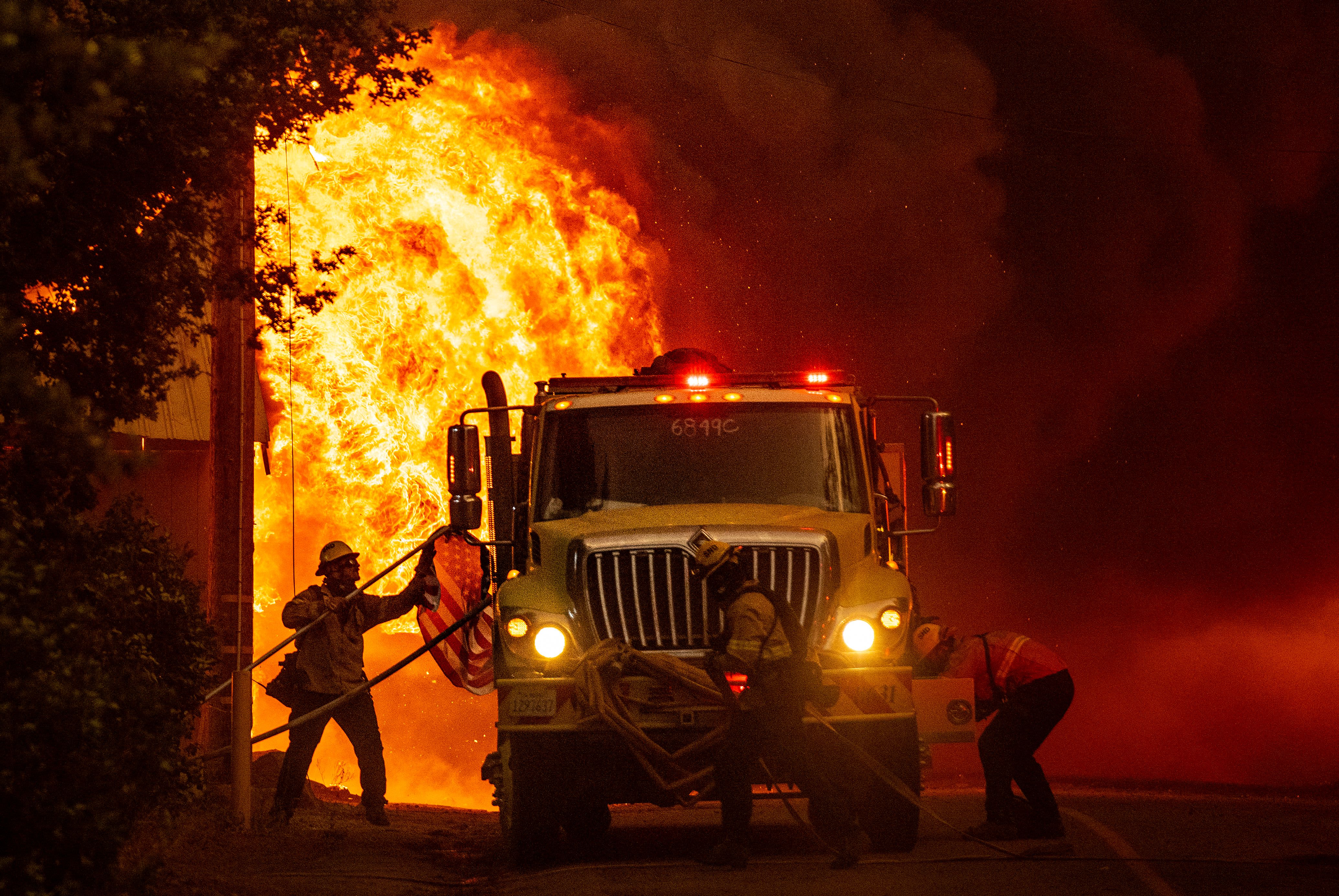Biden administration announces plan to confront worsening wildfires

US President Joe Biden (C) and First Lady Jill Biden (R) tour a neighborhood destroyed by the Marshall Fire alongside Boulder County Sheriff Joe Pelle (L) in Louisville, Colorado, January 7, 2022.
Saul Loeb | AFP | Getty Images
The Biden administration this week unveiled a 10-year plan to spend billions of dollars to combat destructive wildfires on millions of additional acres of land and make forests more resilient to future blazes.
The U.S. Department of Agriculture said in a statement on Tuesday that its plan, called the “wildfire crisis strategy,” targets dozens of areas in eleven Western states. The plan includes treatments such as thinning overgrown trees, pruning forests and conducting prescribed burns to minimize dead vegetation.
The administration’s plan quadruples the government’s fuels and forest health treatments. It comes after a year during which California experienced the second-largest fire in state history and Colorado endured its most destructive fire ever that ignited unusually late in the season.
“We’re not going to stop fires,” U.S. Agriculture Secretary Tom Vilsack said at a press briefing in Arizona on Tuesday. “But what we can do is begin the process of reducing the catastrophic nature of those fires.”
Hotter temperatures and more severe drought conditions fueled by climate change, along with expanding development in wildland-urban areas, have prompted more intense and prolonged wildfire seasons in the U.S. Researchers also say that decades of policies calling for all fires to be extinguished, rather than letting them burn in a controlled way, has caused a buildup of flammable brush that adds fuel to blazes.
A firefighter saves an American flag as flames consume a home during the Dixie fire in Greenville, California on August 4, 2021.
Josh Edelson | AFP | Getty Images
The U.S. Forest Service previously treated up to 2 million acres in the U.S. West each year. Under the new plan, the Forest Service will work with the Department of the Interior and other partners to treat up to an additional 20 million acres on national forests and grasslands and up 30 million additional acres of other federal, state, tribal and private lands over the next decade.
The agency will focus its efforts on fire-prone land in Arizona, California, Colorado, Idaho, Oregon, Montana, Nevada, New Mexico, South Dakota, Utah and Washington. The plan is only partially funded so far, with $3 billion over the course of five years coming from the bipartisan infrastructure bill that was signed into law in November.
More than 58,000 fires burned more than 7 million acres just last year, according to data by the National Centers for Environmental Information. In 2020, the worst wildfire season on record burned more than 10 million acres in the U.S.
Fires in California, Canada and the U.S. Pacific Northwest last year emitted about 83 million tons of carbon pollution. Plumes of smoke from those blazes traveled across the Atlantic Ocean and reached large swaths of Europe.
“We already have the tools, the knowledge and the partnerships in place to begin this work in many of our national forests and grasslands,” Forest Service Chief Randy Moore said in a statement. “Now we have funding that will allow us to build on the research and the lessons learned to address this wildfire crisis facing many of our communities.”




